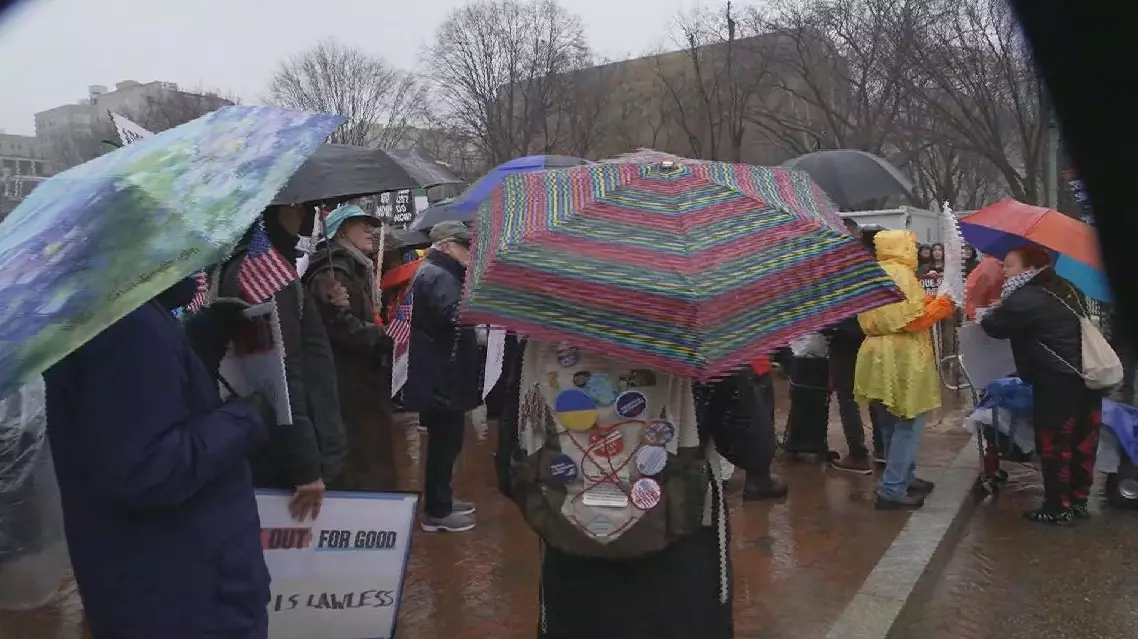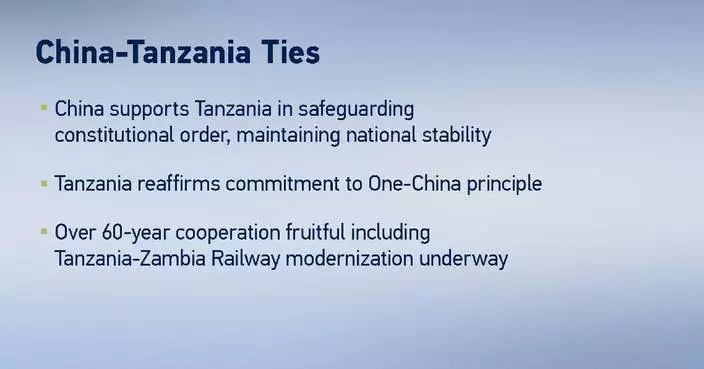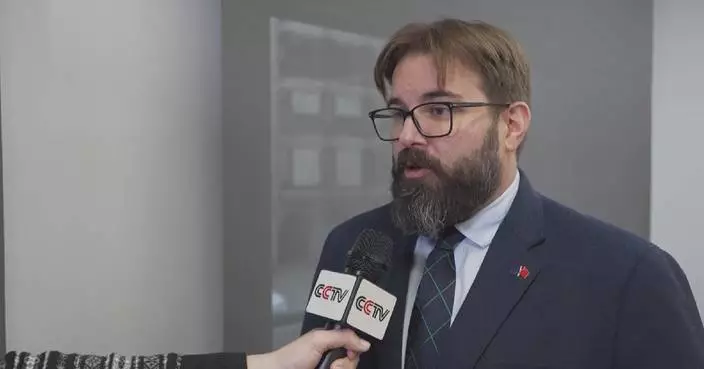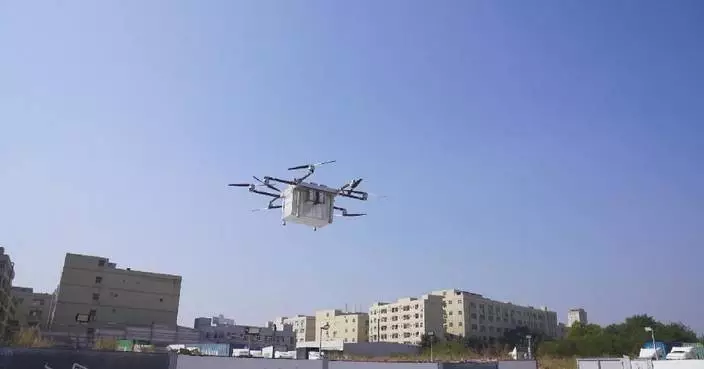South African investment analysts and mining industry insiders are betting that the country's position as a leading producer of platinum group metals (PGMs), which are widely used in hydrogen, fuel cell and emissions reduction technologies, will offset the pain inflicted by U.S. tariffs targeting other South African exports.
As part of the Trump administration's tariff policy, all South African goods entering the U.S. are now subject to a 30-percent duty, with a specific 25-percent tariff imposed on vehicles and car parts. However, key mineral exports such as PGMs, coal, gold, manganese and chrome have been explicitly excluded from these new tariffs.
Platinum, together with other critical minerals like palladium and rhodium, is used to make auto catalysts for vehicle exhausts.
Robbie Proctor, an investment analyst with Anchor Capital in South Africa, observed that the United States may be able to source other critical minerals like palladium, but America does not have an alternative market for platinum other than South Africa.
"With the amount of recycled volumes of palladium that come into the market there, they actually could be almost self-sufficient in palladium. However, there is no chance of them being self-sufficient in platinum, regardless of how much investment goes in. Does the U.S. have an alternative market for platinum? The answer is a definite no," Proctor told China Global Television Network (CGTN) in an interview.
The exclusion of PGMs from the new U.S. tariff regime was widely anticipated by South Africa's mining industry, because without the commodity, America's automotive industry would not be able to manufacture catalytic converters and other component parts.
"The U.S. is a very big automotive sector. It's only second to China in terms of size and so, it's a big sector. And PGMs are a critical part of the catalytic converter exhaust management systems which are there to clean the air. And so, palladium and rhodium and obviously platinum are very important in those particular processes," said Roger Baxter, executive chairman of Southern Palladium, a key play in South Africa's exploration and development of PGMs.
South Africa's Sibanye Stillwater is one of the world's largest producers of PGMs and has operations in the U.S. The company sees opportunity in the turmoil.
"Having that footprint in the U.S. is for us strategically important, because I think a lot of this is about securing supply for the U.S. in terms of critical metals, self-generated, self-mined, self-developed," said Richard Stewart, chief regional officer of Africa at Sibanye Stillwater.
To Craig Miller, CEO of Anglo American Platinum, it is essential that South Africa's mining industry shift to the development of clean energy technologies going forward as the world quickly transitions away from internal combustion engines.
"We produce metals and we sell them globally, both to Europe, to China, to Japan, and to the U.S., but as a company, we are really focused around the future uses of PGMs as well, so actively looking at market development, and that market development is really in the form of new energy and in hydrogen," he said.
Others in the mining industry see a bright future for platinum jewelry, as the rare metal has become the metal of choice for South African jewelry designers due to its durability and resiliency, especially in the uncertain global trade environment.
"We've seen platinum ETFs (Exchange-Traded Funds) are similar to gold. But I think this is where there's an opportunity to do a lot more work on the demand side to increase the opportunities for investment and demand in platinum," said Mzila Mthenjane, CEO of Minerals Council South Africa.
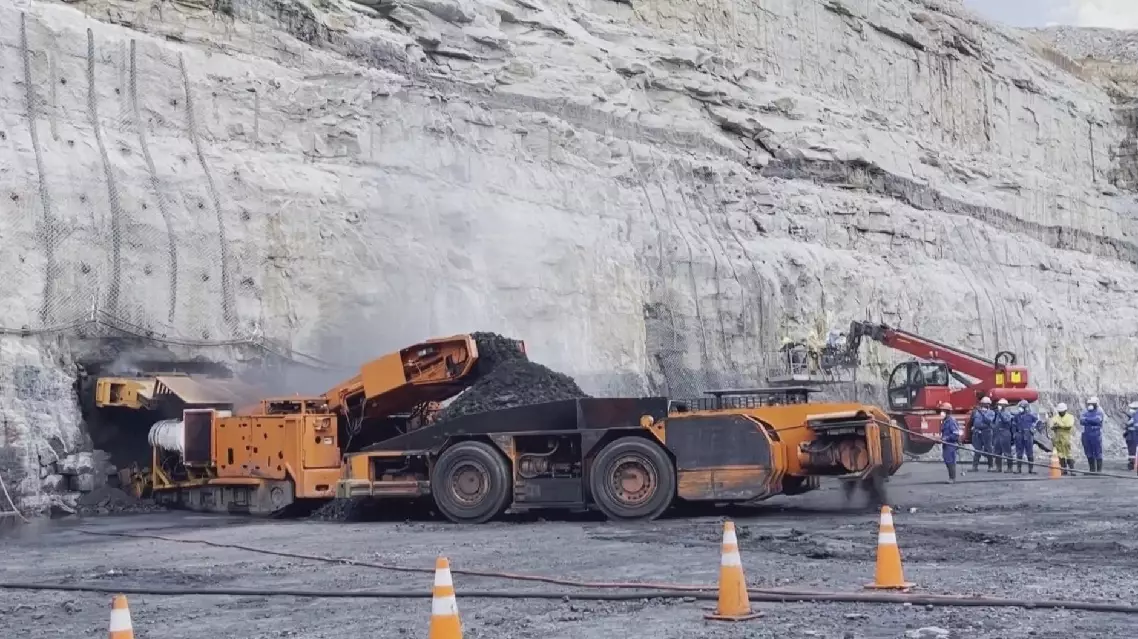
S Africa expected to withstand shock from US tariffs as world's leading platinum producer
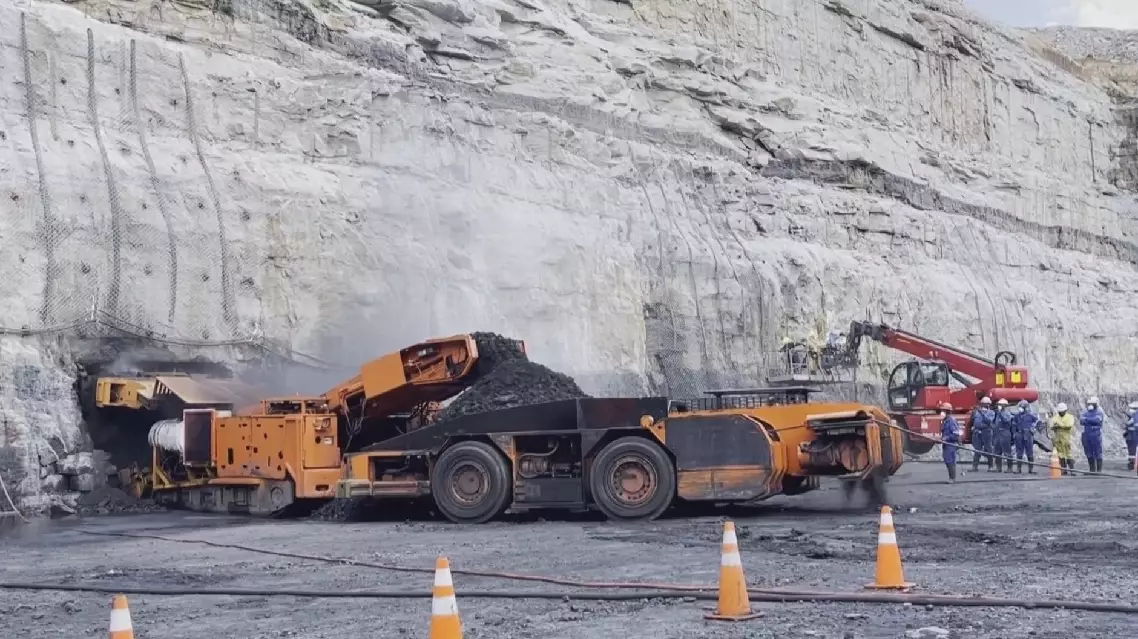
S Africa expected to withstand shock from US tariffs as world's leading platinum producer


